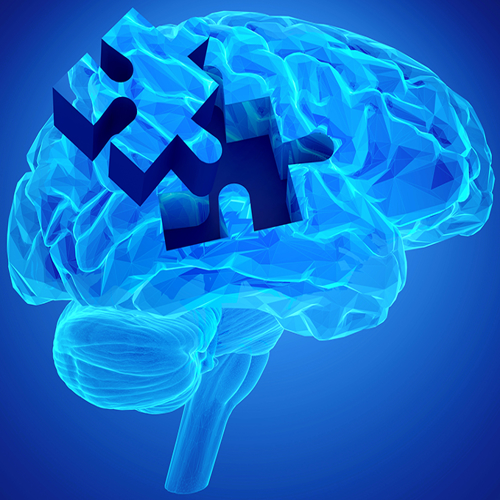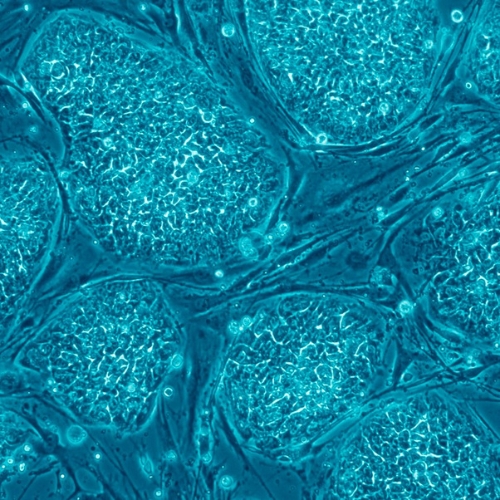Key points from article :
Grafting neurons grown from monkeys’ own cells into their brains relieved symptoms associated with Parkinson’s disease.
Avoided complications with the immune systems.
“This result is extremely powerful, particularly for translating discoveries to the clinic,” - Su-Chun Zhang, neuroscientist.
Study began with a dozen rhesus monkeys guided by real-time MRI.
Injected millions of dopamine-producing neurons and supporting cells into each monkey’s brain.
Half the monkeys received a graft made from their own induced pluripotent stem cells (autologous transplant).
Within six months, monkeys that got grafts of their own cells were making significant improvements.
Within a year, dopamine levels had doubled and tripled.
Axons of the autologous grafts were long and intermingled with the surrounding tissue.
Symptoms that resemble depression and anxiety abated after the grafts grew in.
Gives a predictive tool for developing human grafts.
Study by University of Wisconsin–Madison published in Nature Medicine.






